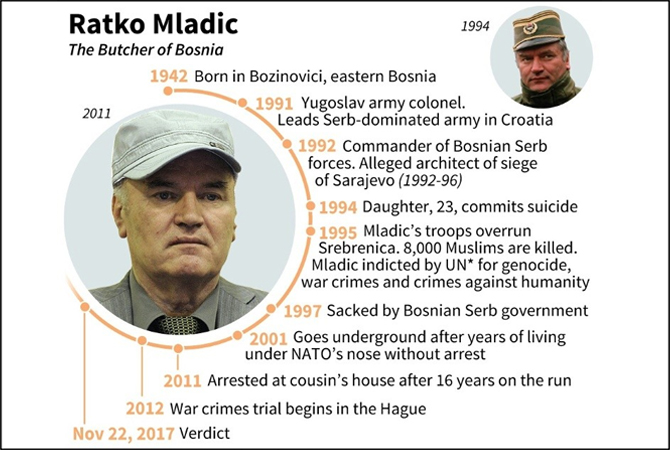Srebrenica Massacre: A Genocide in Europe
- By Fahad Ali -
- Jan 11, 2025

The Srebrenica massacre, also known as the Srebrenica genocide, stands as one of the darkest chapters in recent European history. In July 1995, during the Bosnian War, Bosnian Serb forces systematically murdered more than 8,000 Bosniak Muslim men and boys in and around the town of Srebrenica. This act of genocide, the first on European soil since World War II, has left an indelible scar on the region and serves as a stark reminder of the horrors of ethnic cleansing and the fragility of peace.
The Path to Genocide
The seeds of the Srebrenica massacre were sown in the broader context of the Bosnian War, which erupted in 1992 following the breakup of Yugoslavia. The war was fueled by nationalist fervor and deep-seated ethnic tensions, particularly between Bosniaks, Serbs, and Croats. Srebrenica, a predominantly Bosniak enclave, was declared a “safe area” by the United Nations in 1993, ostensibly under UN protection. However, this designation proved to be little more than a symbolic gesture.

The Massacre
On July 11, 1995, Bosnian Serb forces, led by General Ratko Mladić, overran Srebrenica, despite the presence of Dutch UN peacekeepers. In the ensuing days, Bosniak men and boys were systematically separated from women and children and executed. Mass graves were hastily dug, and the bodies of the victims were buried in an attempt to conceal the evidence of the crime.

Perpetrators and Accountability
The Srebrenica massacre was a meticulously planned and executed act of genocide. While numerous individuals were involved, key figures include:
Ratko Mladić: The commander of the Bosnian Serb Army, Mladić was the architect of the massacre. He was ultimately convicted of genocide, war crimes, and crimes against humanity by the International Criminal Tribunal for the former Yugoslavia (ICTY) and sentenced to life imprisonment.
Radovan Karadžić: The wartime political leader of the Bosnian Serbs, Karadžić was also found guilty of genocide in Srebrenica and sentenced to life imprisonment.
Numerous lower-ranking officers and soldiers: Many individuals directly participated in the killings, the transportation of victims, and the disposal of bodies.
The Legacy of Srebrenica
The Srebrenica massacre has had a profound and lasting impact on Bosnia and Herzegovina and the wider international community. It serves as a chilling reminder of the dangers of unchecked nationalism, ethnic hatred, and the failure of the international community to prevent genocide.
The massacre has also had a significant impact on Bosnian society, leaving deep emotional and psychological scars on survivors and their families. The search for the remains of the victims continues, and the process of reconciliation remains a long and arduous one.
The Srebrenica massacre stands as a stark reminder of the importance of upholding human rights, preventing genocide, and ensuring that those who commit such atrocities are held accountable. The world must never forget the lessons of Srebrenica and must remain vigilant in the face of rising nationalism and ethnic tensions.
